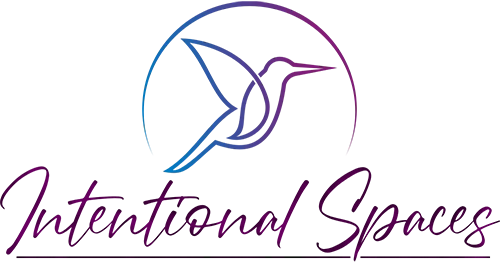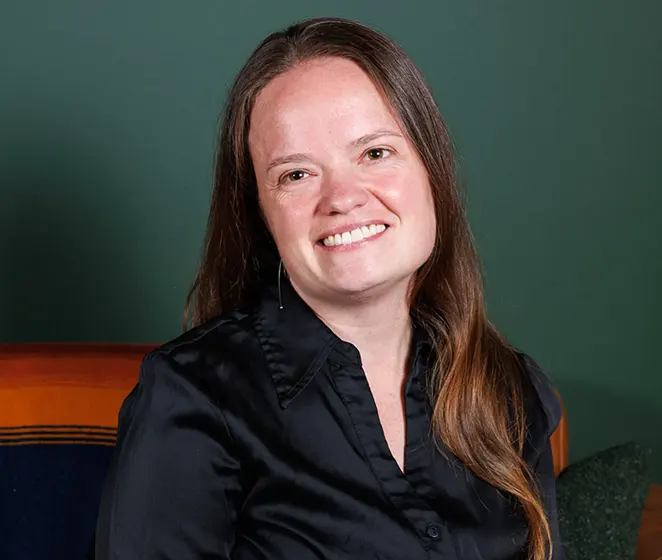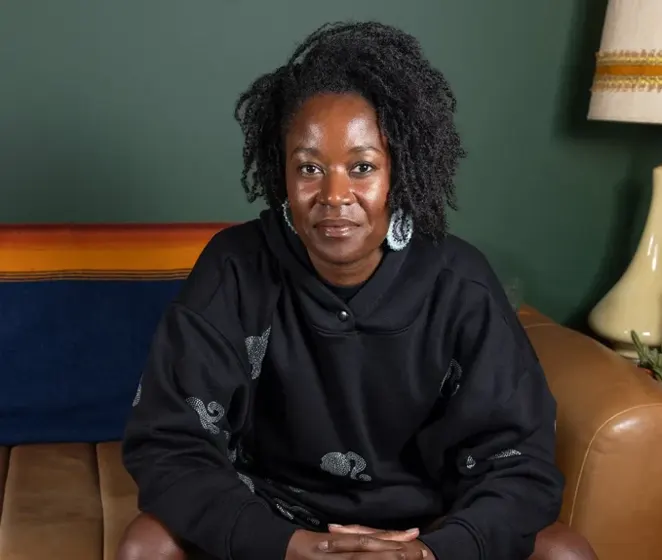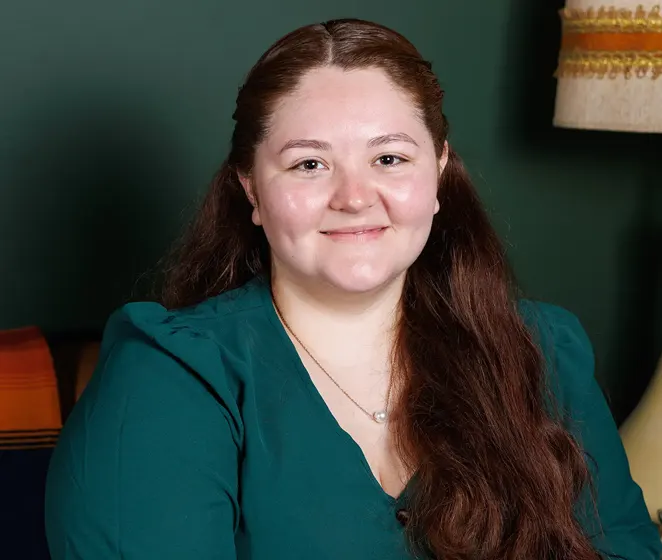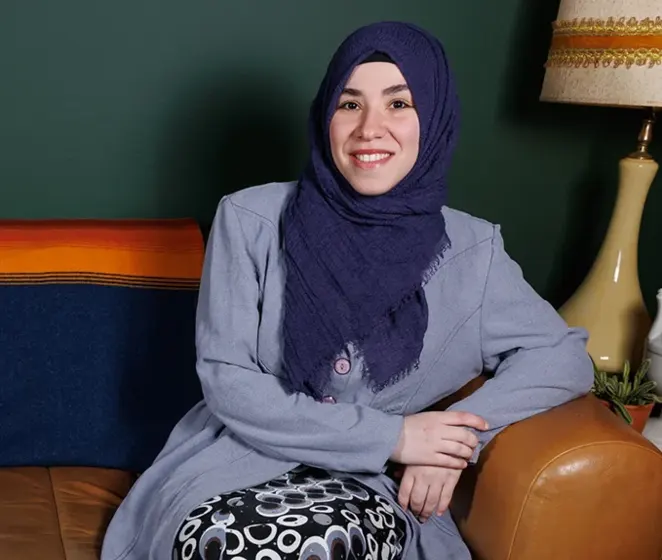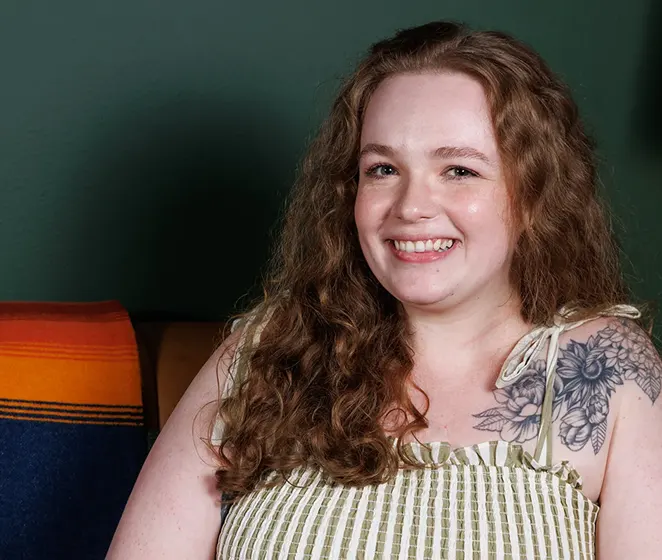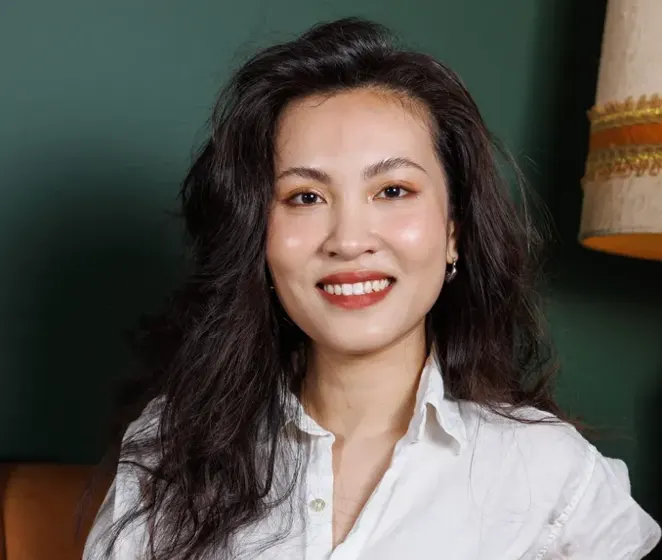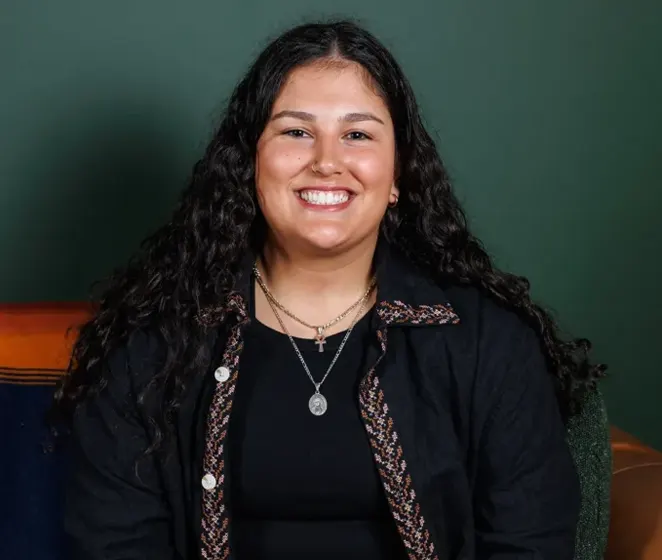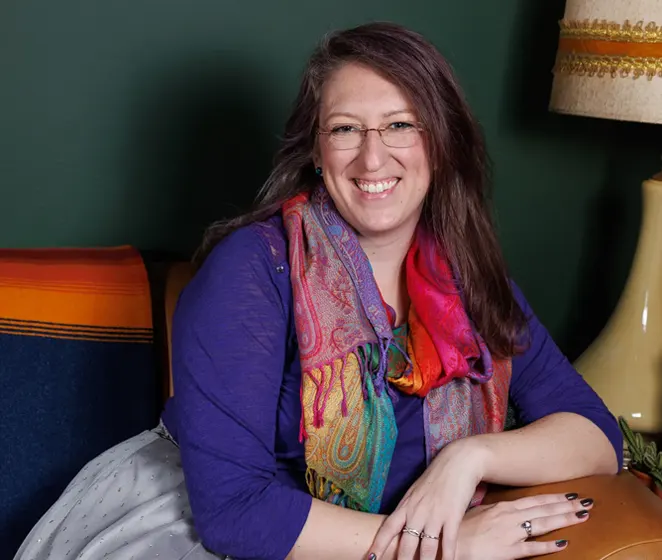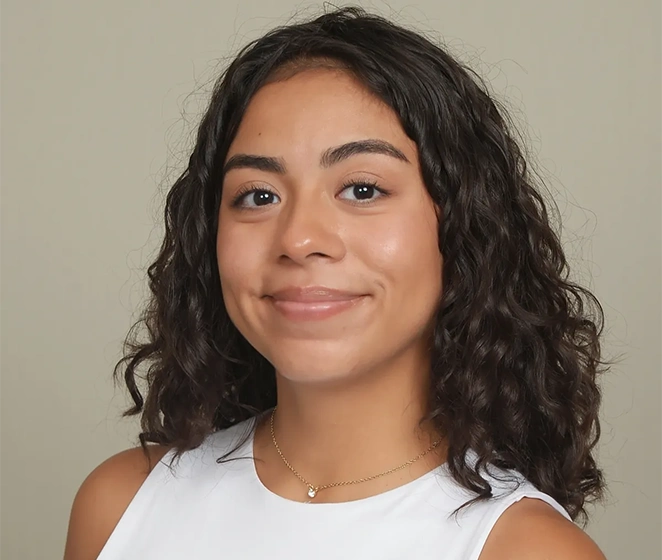By Intentional Spaces Psychotherapy
Some people seem to carry the weight of the world on their shoulders, not because they asked to, but because somewhere along the way, they took on the responsibility of keeping everyone else emotionally okay. Maybe it started in childhood, where you learned that your worth was measured by how well you managed others’ feelings, or perhaps it grew quietly over time as you became the “go-to” person for smoothing over conflict and soothing upset.
Living life this way often means you’re in constant motion emotionally, always scanning for signs of discomfort, preemptively stepping in to fix what’s wrong, and suppressing your own needs to make room for others. It can feel like a quiet kind of heroism, but it also comes with a hidden cost: exhaustion, loss of self, and a pervasive sense that you’re never truly “off duty.”
If you recognize this pattern in yourself, you’re far from alone. Many carry this burden quietly, unsure how to let go without guilt or fear of disappointing the people they love. The good news is, there’s a way to reclaim your energy and your boundaries without sacrificing your empathy or care.
Was it a Choice to Carry: How It Begins
This pattern often has deep roots. It might start in a home where emotions were unpredictable, where staying alert to others’ moods felt like the only way to avoid conflict or keep the peace. You learned to scan for signs of trouble, to intervene before things could escalate.
Sometimes, it begins with praise. Being called “so responsible” or “such a helper” may have felt affirming, but it also sent a subtle message: your value is in what you do for others, not in who you are. Before long, the caretaker role stops feeling optional and starts feeling like part of your identity.
Cultural and family values can reinforce this. In some communities, putting your own needs first is considered selfish. You might have been encouraged, directly or indirectly, to stay quiet about your struggles while making sure everyone else was okay.
For others, taking responsibility for others’ feelings becomes a shield. If everyone else is happy, there’s less risk of rejection, disappointment, or conflict. The role feels familiar and safe, so safe that imagining a life without it can feel disorienting.
When Caring Feels Costly
Caring deeply for others is a beautiful expression of empathy and connection. Yet when this care becomes a constant expectation, when it feels less like a choice and more like a duty, it can quietly erode your well-being. You may find yourself emotionally drained, even after seemingly small interactions, because you’re always giving without enough opportunity to recharge.
This emotional depletion goes beyond simple tiredness. It often shows up as a lingering heaviness or overwhelm, making it harder to engage fully with your own needs, passions, or joys. You might notice your voice getting softer, your boundaries blurring, and your sense of self fading as your focus stays fixed on others.
Often, the people who care the most about others experience these costs silently. You might find yourself:
- Saying “yes” when you want to say “no,” out of fear of disappointing or hurting someone else.
- Carrying guilt or anxiety whenever you try to take time for yourself or set limits.
- Feeling resentment building quietly beneath the surface, even toward those you love, because your generosity isn’t always matched or acknowledged.
These feelings are important signals. They remind you that even the most compassionate hearts need rest, renewal, and boundaries to sustain their care without sacrificing themselves.
The Hidden Toll of Unchecked Care
On the outside, you may look like the reliable one, the person who can always be counted on. But inside, the weight of constant emotional caretaking adds up in ways you might not even fully notice until you hit a breaking point.
Unchecked care often shows up as:
- Chronic exhaustion – not just physical tiredness, but emotional fatigue from carrying others’ worries alongside your own.
- Loss of identity – so much of your energy goes to meeting others’ needs that your own desires, hobbies, and preferences fade into the background.
- Guilt for resting – any time you pause, you feel you’re neglecting someone who might need you.
- Burnout in relationships – even the most loving bonds can start to feel heavy when the giving is all on one side.
The most damaging part is that this cost is often invisible to others and you. Because you’ve built such a strong habit of coping, you may not realize how much it’s affecting your mood, your health, or your ability to truly enjoy connection.
Unchecked care can also subtly change the dynamics of your relationships. People may begin to unconsciously rely on you to do the emotional heavy lifting, which leaves them less practiced in managing their feelings. Over time, this imbalance can lead to resentment, both yours, for always giving, and theirs, if you suddenly try to step back.
It’s not that caring is bad; it’s that caring without limits becomes unsustainable. Love and empathy are meant to be shared, not hoarded until you’re depleted.
A More Balanced Kind of Care
Healthy relationships don’t thrive when one person is always holding the emotional weight for everyone else; they grow when care flows in both directions. Stepping back from the role of constant emotional manager isn’t about abandoning the people you love; it’s about trusting them enough to carry their own feelings. It’s a quiet acknowledgment that they are capable, resilient, and allowed to navigate their own discomfort.
When you choose to share the responsibility for emotional well-being, you create space for a more honest connection. You’re no longer cushioning every hard moment or preemptively smoothing over tension; you’re letting relationships breathe. This means your presence is no longer defined solely by how much you can give, but also by your ability to receive.
This shift can feel unfamiliar at first, especially if you’ve spent years protecting others from pain or disappointment. But it’s in this space, where you tend to your own needs as much as you tend to theirs, that deeper respect grows. People begin to see you not only as a source of comfort, but as a whole person with limits, needs, and a life beyond caretaking.
Balanced care isn’t about giving less love; it’s about giving it differently. It’s love that doesn’t empty you to fill someone else. It’s compassion that includes you in its reach. And it’s the kind of care that makes relationships stronger, not because you’ve sacrificed yourself for them, but because you’ve allowed them to be built on equality, trust, and mutual respect.

When You’re Ready, Reach Out, You’re Not Alone
If you’ve spent years or decades in the role of emotional anchor, stepping back can feel unfamiliar and even scary. Change doesn’t happen overnight, and it’s hard to untangle patterns that have been with you for so long.
Therapy offers a place to explore these patterns without judgment, a place to understand where they came from, why they feel so ingrained, and how to begin creating new ways of relating that honor both your empathy and your boundaries.
You don’t have to navigate this shift alone. At Intentional Spaces Psychotherapy, we help people reconnect with their own needs, step out of exhausting caretaking roles, and build relationships where care is shared, not carried entirely on one set of shoulders.
